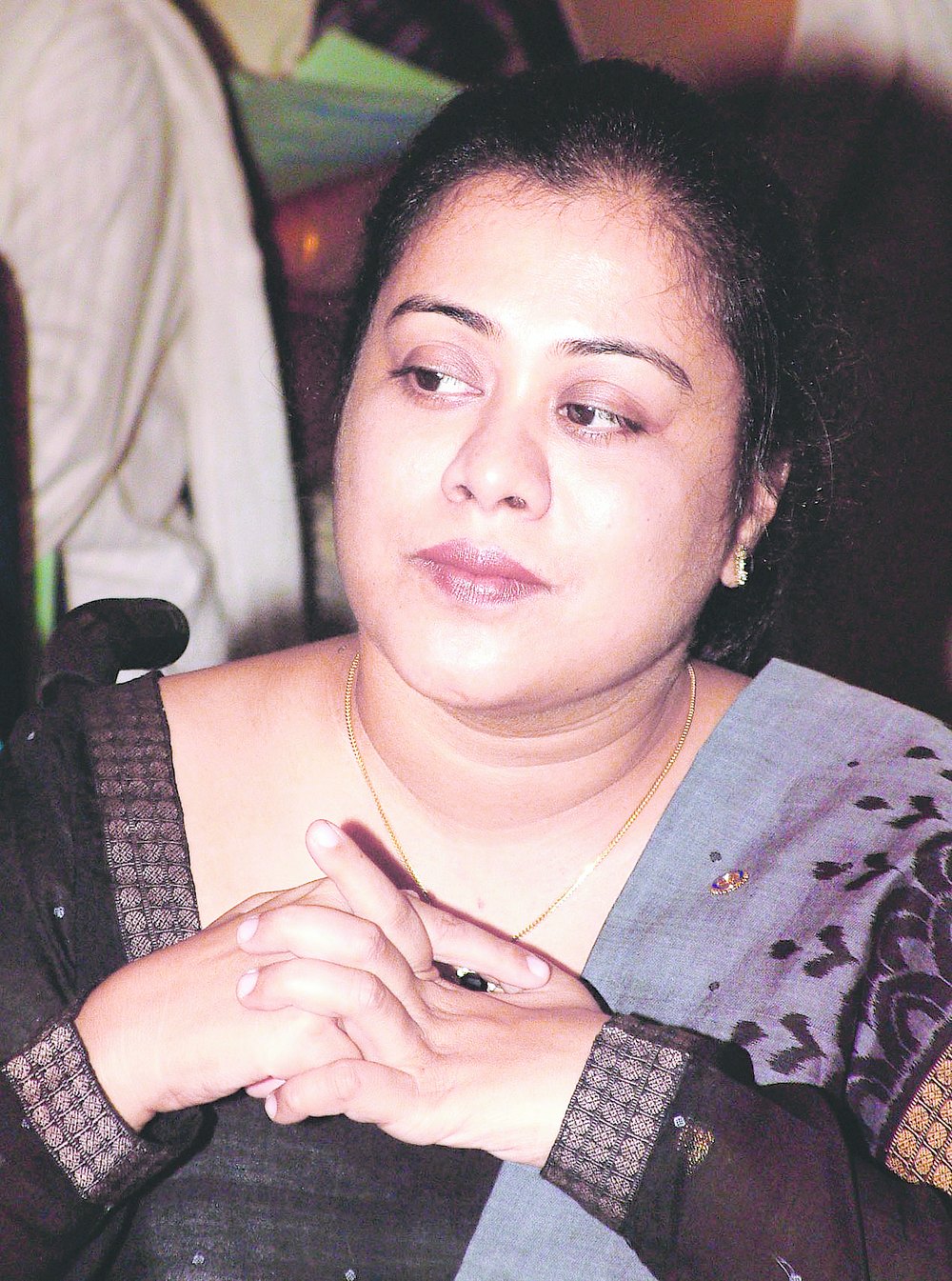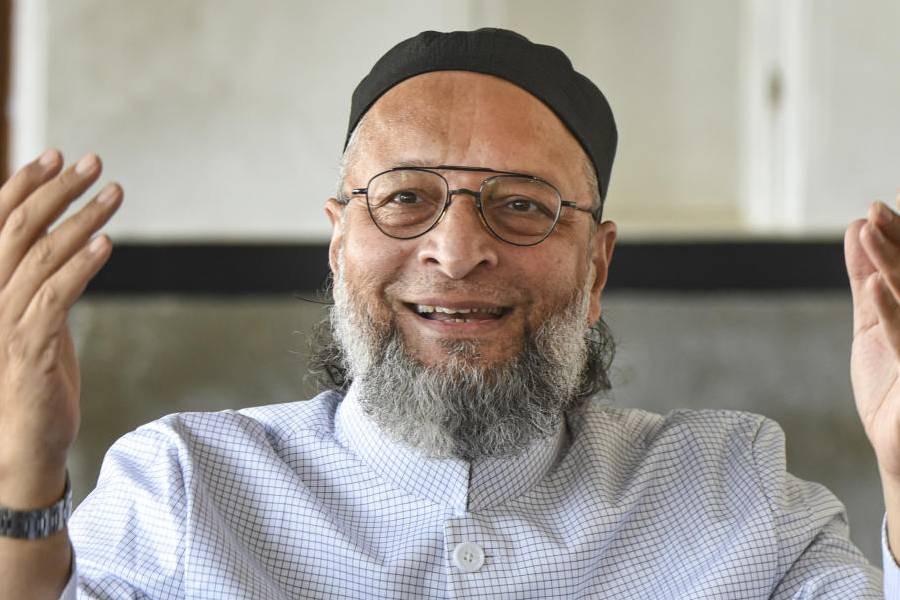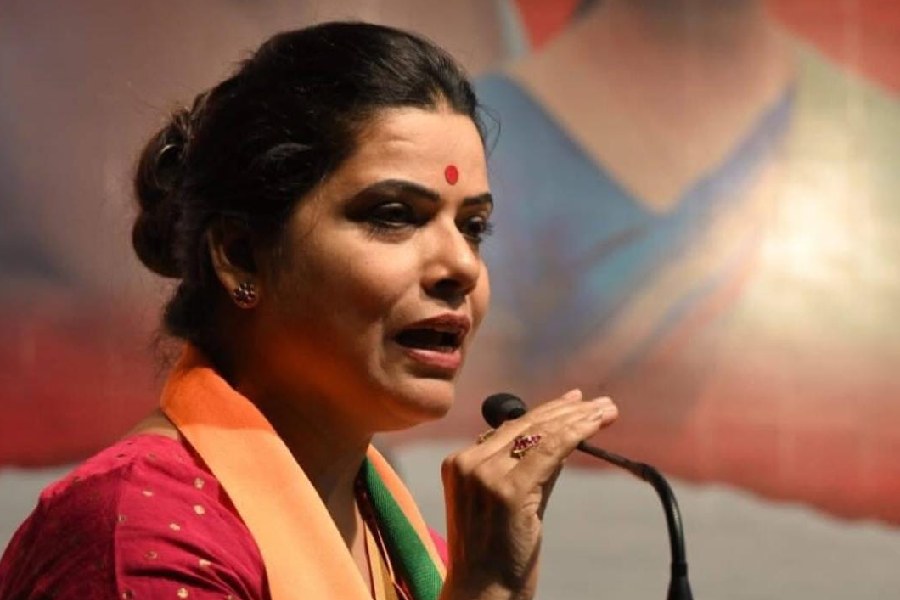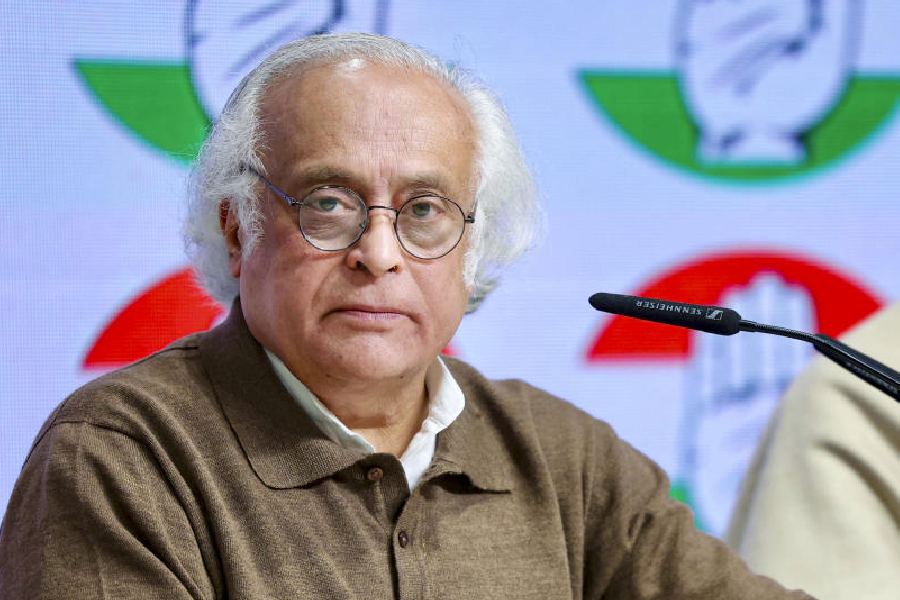
There are 12,44,402 persons with disabilities in Odisha (2011 Census), many of whom live in abject poverty, lack access to health care, education, suffer physical or sexual violence and remain invisible, abused and neglected.
For 48 years after Independence until 1995, there was no law to secure the rights of persons with disabilities. For 54 years after Independence, until 2001, we were not even counted in the Census and hence there was no data on disability. Even though efforts have been made to correct these lapses, the damage done was so great that generations of persons with disabilities have paid the price.
From attaining education to securing a job and being able to just move around and have a regular life — these are all huge challenges for an average person with disability as their rights are violated in every step.
In this context, it must be appreciated that one of the key steps in ensuring the empowerment of persons with disabilities is creating and strengthening institutions that respond quickly and effectively to disability rights claims. Unless persons with disabilities find that there are bodies that take their grievances seriously and act on them, they are unlikely to see themselves as rights-bearing subjects. Therefore, for rights to have meaning, effective remedies must be available to redress violations.
Before we delve into the existing grievance redress mechanism in the PWD (Persons with Disabilties) Act, 1995, it is worthwhile to briefly lay down the relationship between the terms “access to justice” and “grievance redress”. A grievance is essentially an injury, wrong, loss or injustice that gives ground for a complaint for violation of a law, or international human rights standards. On the other hand, access to justice is a broader term, and refers not only to the establishment of institutions and procedural rules granting access to all, but also to the substantive laws themselves, and the empowerment of individuals to obtain justice. It calls on the need to ensure that every person is able to invoke the legal processes and receive just and fair treatment irrespective of social and economic barriers. In this context, it must be appreciated that grievance redress is indeed a crucial component of access to justice - access to justice includes the recognition of a right and fair adjudication by a body to redress a grievance and ensure the enforcement of the remedy.
Article 13 of the UN Convention deals with Access to Justice and seeks to respond to the historic exclusion, in many societies, of persons with disabilities from the justice system. Additionally, Article 33 is also relevant to the discussion on ensuring effective grievance redress under the law. In the Indian context, access to justice remains a tremendous challenge for a large section of our society. The challenges to ensure timely grievance redress for persons with disabilities are even bigger because of inaccessible court buildings, non-availability of sign language interpreters, inaccessible websites of many courts, and most courts do not have facilities to provide legal texts and documents in accessible format. In spite of a specific provision in the Legal Services Authority Act, persons with disabilities have faced difficulties in claiming legal aid. Since legal and judicial professionals are often not trained in disability rights issues and are not aware of their particular rights and needs, persons with disabilities face problems at the time of examination of witnesses and in other court processes. Considering these structural and logistical barriers, office of State Commissioner for Persons with Disabilities (SCPD) as a grievance redress mechanism assumes great importance.
Unlike the PWD (Equal Opportunities, Protection Of Rights And Full Participation) Act 1995, which confined disability to blindness, low vision, leprosy-cured, hearing impairment, locomotor disability, mental retardation and mental illness, the UNCRPD stated that “disability is an evolving concept” and avoided listing specific conditions and severities and broadly stated “persons with disabilities” to “include those who have long-term physical, mental, intellectual or sensory impairments which in interaction with various barriers may hinder their full and effective participation in society on an equal basis with others. The understanding and interpretation of this definition requires established knowledge and long experience of disability issues. Even with its rudimentary definitions, PWD Act 1995 categorically states in Section 60(2) that “a person shall not be qualified for appointment as a commissioner unless he has special knowledge or practical experience in respect of matters relating to rehabilitation”.
Enjoyment of substantive right cannot be ensured without a fair and due procedure for exercising such a right. Hence the monitoring mechanism needs to be strong and efficient with sensitivity to understand the subtle nuances of disability-specific challenges, which comes only with several years of experience and knowledge in the disability field. To ensure this, Persons with Disabilities (Equal Opportunities, Protection of Rights and Full Participation) Amendment Odisha Rules, 2012, has incorporated following sections:
49-B(1) (iv): Have special knowledge or practical experience in respect of matters relating to rehabilitation of persons with disabilities.
49-B (2) (b): A senior level functionary in a registered national or international-level voluntary organisation working in the field of disability/social development.
49-B (2) (c) Senior Executive position in a leading government/public/private sector organisation involved in social work and in-charge of handling social development activities of the organisation.
But this is provided that out of the total 25 years of experience, at least three years of experience in the recent past have been made mandatory in the field of empowerment of persons with disabilities.
Just as people who have a direct personal understanding of the discrimination, a qualified and experienced person with disability should head the SCPD. For example, women’s commission is always headed by a woman or the SC/ST Commission by a person from that community. Someone who has a disability can relate better to issues of persons with disabilities.
The just appointment of SCPD will ensure government’s commitment to promote, protect and ensure the full and equal enjoyment of all human rights and fundamental freedoms by all persons with disabilities, and to promote respect for their inherent dignity.
(The author is a disabled rights activist)










